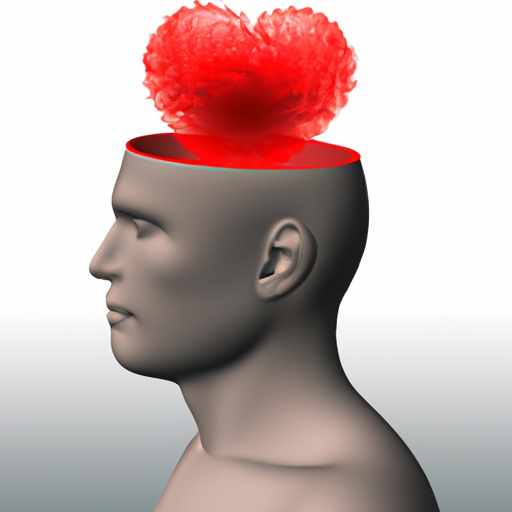Emotional Intelligence (EI), a term popularized by psychologist and best-selling author Daniel Goleman, is defined as the capacity to recognize, understand, and manage our own emotions and the emotions of others. Essentially, it encompasses three skills: emotional awareness, the ability to harness emotions to facilitate thinking and problem-solving, and the ability to manage emotions. In the context of dating, especially in our middle years, understanding and applying emotional intelligence can make all the difference.
Entering the dating scene can feel like stepping onto a roller-coaster. The thrill of meeting new people, the butterflies that come with a potential match, the excitement of sharing experiences can be interspersed with the nervousness of a first date, the disappointment of an unrequited interest, or the confusion of interpreting signals. Navigating this emotional whirlwind requires a certain level of emotional intelligence.
An emotionally intelligent person can accurately perceive and express their emotions, understand and interpret the feelings of others, and effectively manage and regulate their emotional responses. This self-awareness allows one to recognize emotional triggers and respond to them in a balanced way, preventing unnecessary arguments or misunderstandings. This is particularly beneficial in the early stages of dating, where communication mishaps can derail potential relationships.
Emotional intelligence also enhances empathy – the ability to identify and understand other’s feelings. Empathy allows you to ‘walk a mile in their shoes’, seeing and appreciating your partner’s perspective. This can lead to deeper and more meaningful connections, going beyond physical attraction and shared interests to the core of who each person truly is. This emotional bond forms the foundation for a relationship that can weather the trials and tribulations that come its way.
Furthermore, emotional intelligence plays a pivotal role in conflict resolution. In any relationship, disagreements are inevitable. Handling these conflicts with high emotional intelligence can lead to resolution and growth rather than exacerbation of the issue. It involves recognizing your emotions, understanding the feelings of your partner, and managing both to reach a resolution that is satisfying to both parties.
Moreover, emotional intelligence contributes to resilience in the face of rejection or breakups. It allows one to process and manage the complex emotions that accompany such events, helping one to heal, learn, and ultimately grow from the experience. This resilience is an invaluable asset in the world of dating, where rejection can be a common occurrence.
Lastly, emotional intelligence enables better decision-making in dating. It encourages you to listen to and trust your emotions, helping you to make choices that are right for you emotionally, rather than being solely influenced by external factors or fleeting physical attraction.
In conclusion, emotional intelligence is an essential tool in the dating toolkit, especially for middle-aged adults. With life experience and maturity, middle-aged adults often have higher levels of emotional intelligence, and leveraging this can lead to fulfilling and lasting relationships. The good news is, unlike IQ, which is relatively fixed, emotional intelligence can be improved with practice and conscious effort.
By understanding and developing emotional intelligence, you can navigate the dating world with greater confidence and success. You’ll be better equipped to form meaningful connections, manage relationship conflicts effectively, bounce back from disappointments, and make wise decisions in your love life. Emotional intelligence, therefore, is not just beneficial, but rather an essential asset when it comes to dating in your middle years.

